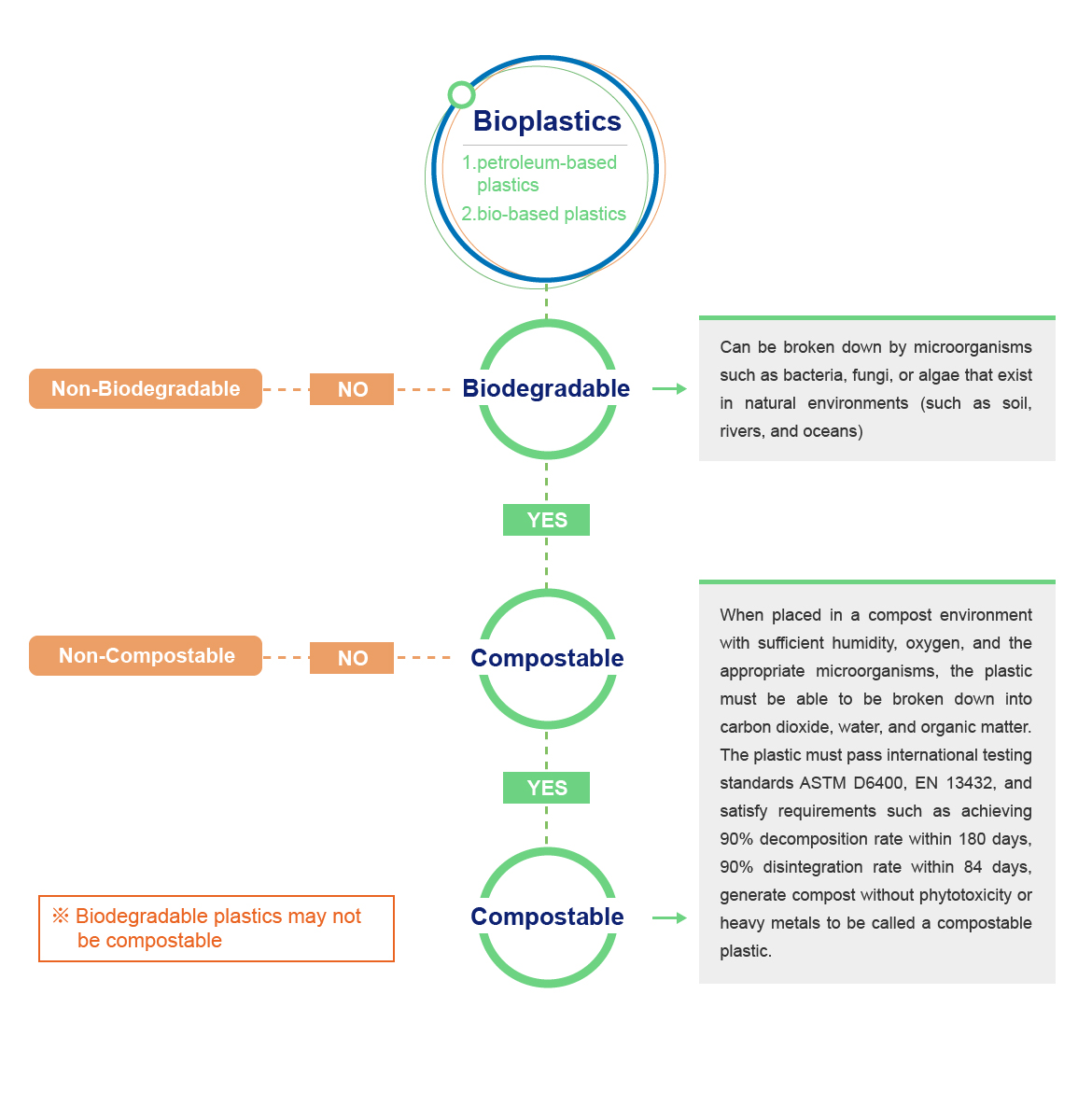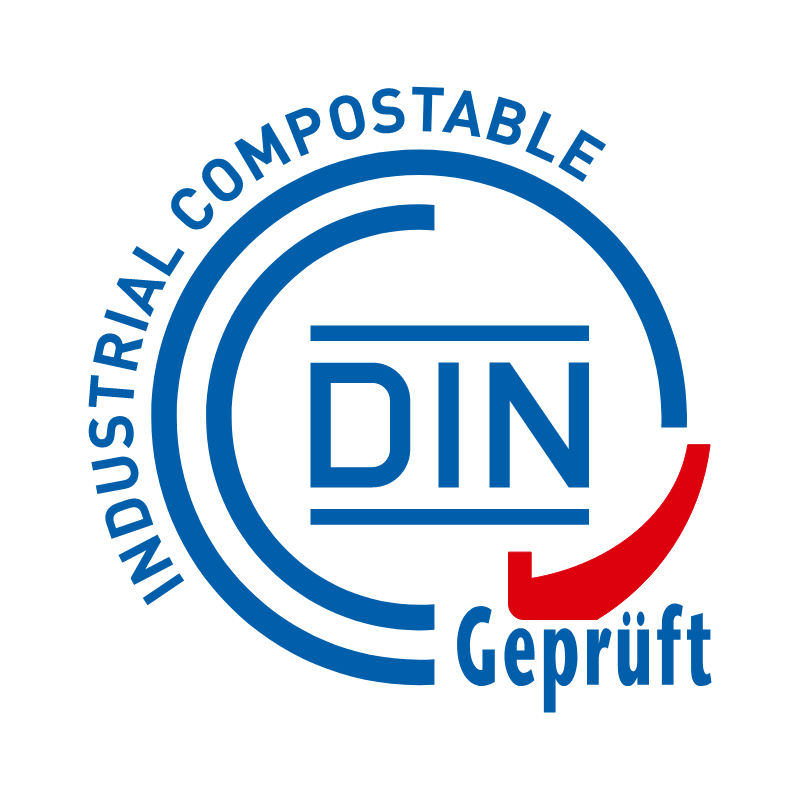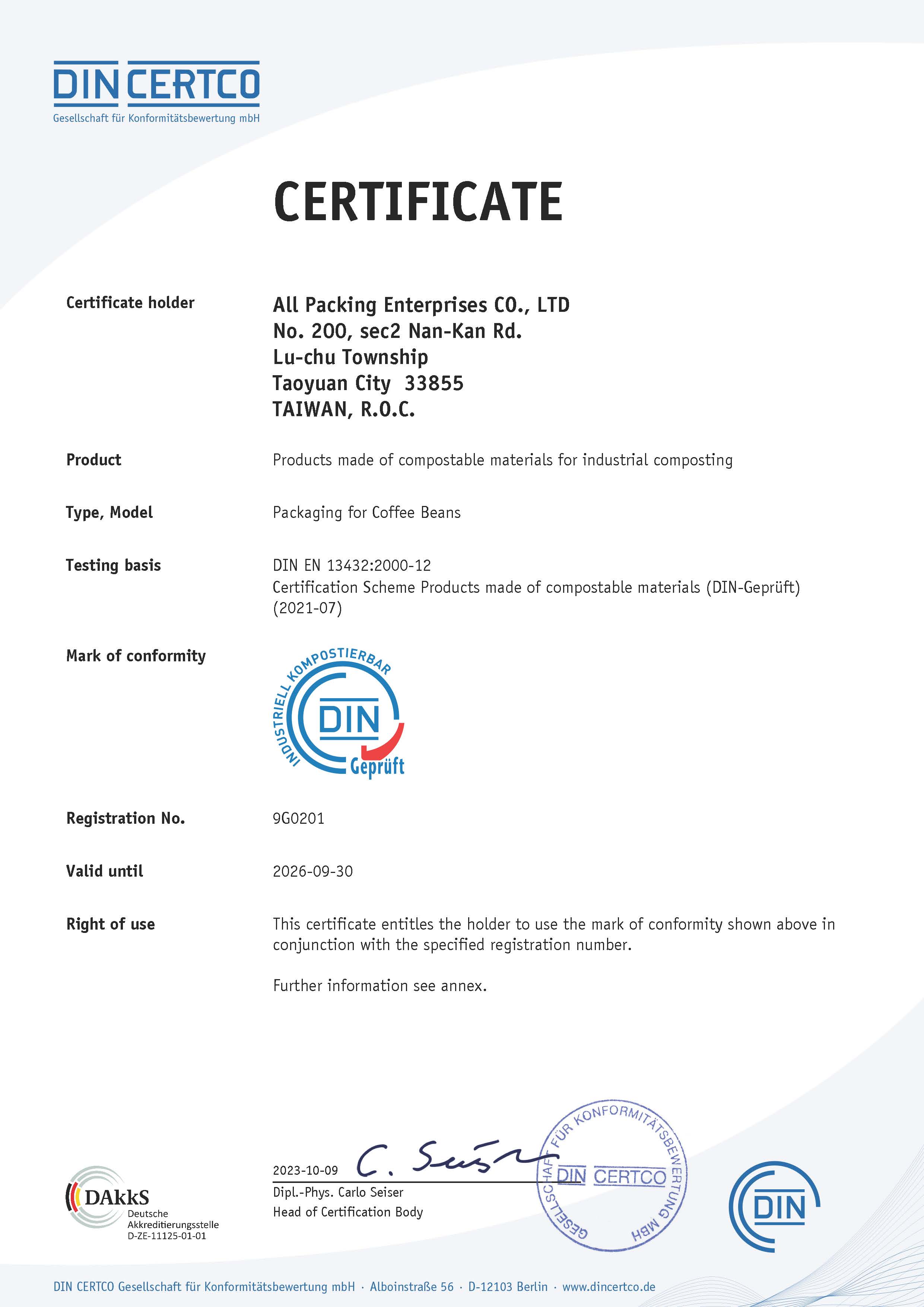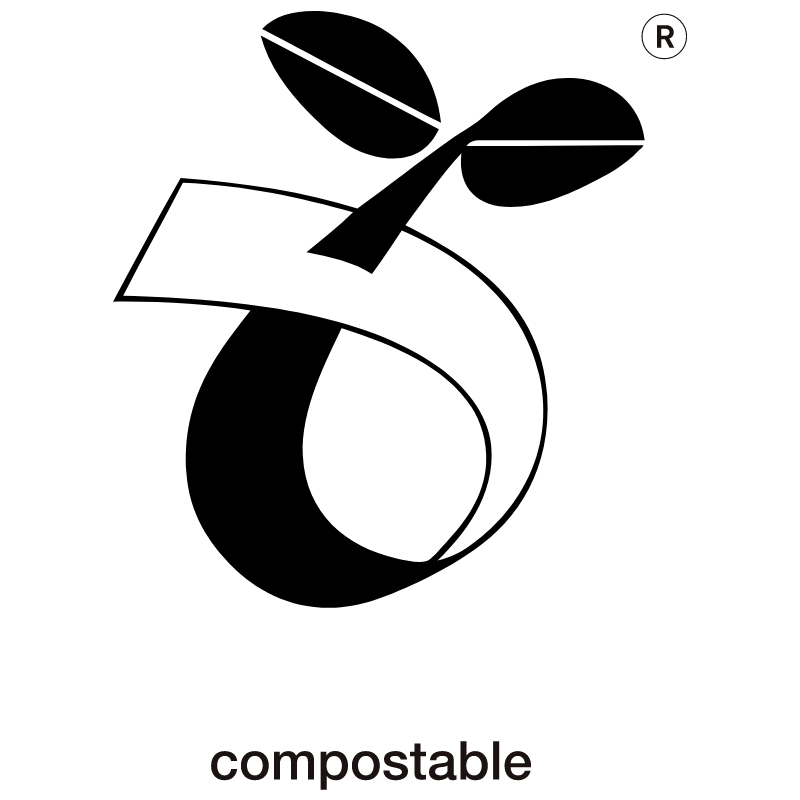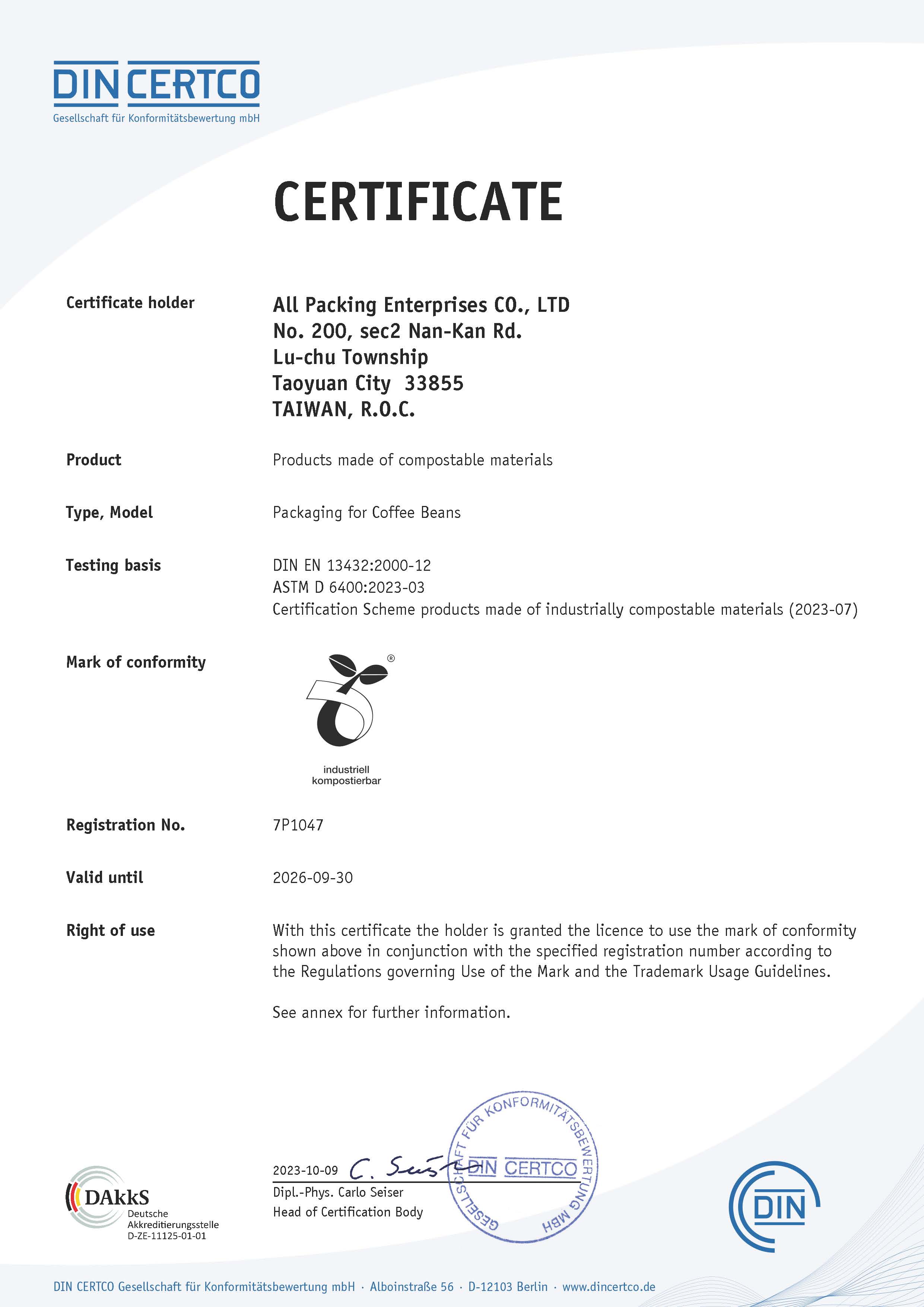Compostable Flexible Package
.jpg)
- Avoid plastic products whenever possible.
- Recycle plastics and create them into products which made with recycled plastics such as clothes, trash cans, plastic bottles, and more.
- Set a clear timeline to limit plastics and ban the manufacturing and the use of some single-use plastics such as plastic bags, straws, and disposable tableware.
- Create lightweight packaging produced with single materials that can also function to block moisture and oxygen.
- Develop innovative multi-layered composite materials that are easily separated and recycled that can function as special products.
- Utilize biodegradable or compostable plastic materials.
Food packaging is usually formed by combining multi-layered composite materials, making them challenging to recycle and reuse. If they were produced using a single material, they could be added to recyclable materials.
Biodegradable plastics is the solution to massive amounts of packaging waste. One of the most popular materials in recent years is PLA. It has gained the attention of some eco-friendly companies as it meets the requirements of being a plant-based material that can be broken down naturally. The corn biomass plastic is used in products such as bottles and tableware.
Environmental Friendly Plastics
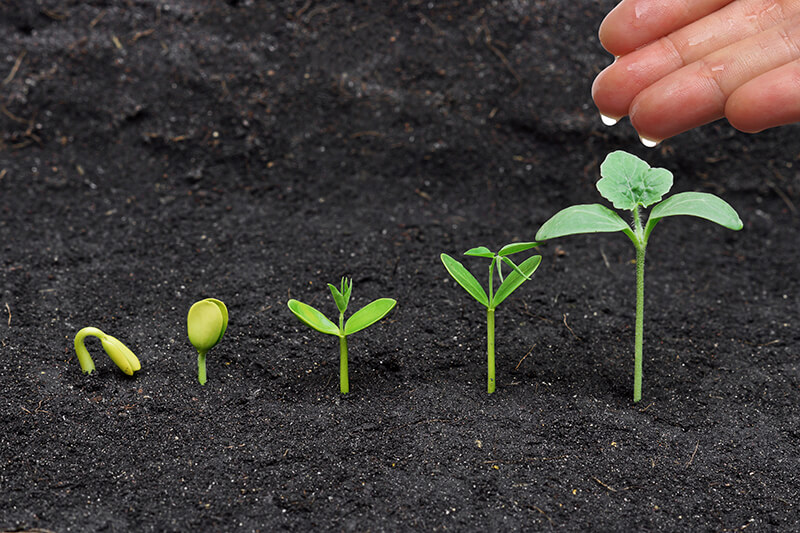
Traditional plastics: These materials are mostly refined from petroleum. The gradual shortage of petroleum energy and the challenges of recycling plastic waste have become key issues of sustainable global development that require solutions.
- Biodegradable:These plastics are returned to nature after being broken down by microorganisms, they are also called biodegradable plastics.
- Bio-based:Plastics made from bio or natural resources; this type of plastic substitute is called bio-based plastics.
- Recycled:Recycling ratio (can be reused), reduced use of resources (recyclable).
What are compostable plastics?
Indecomposable material
.jpg)
Just buried in the soil
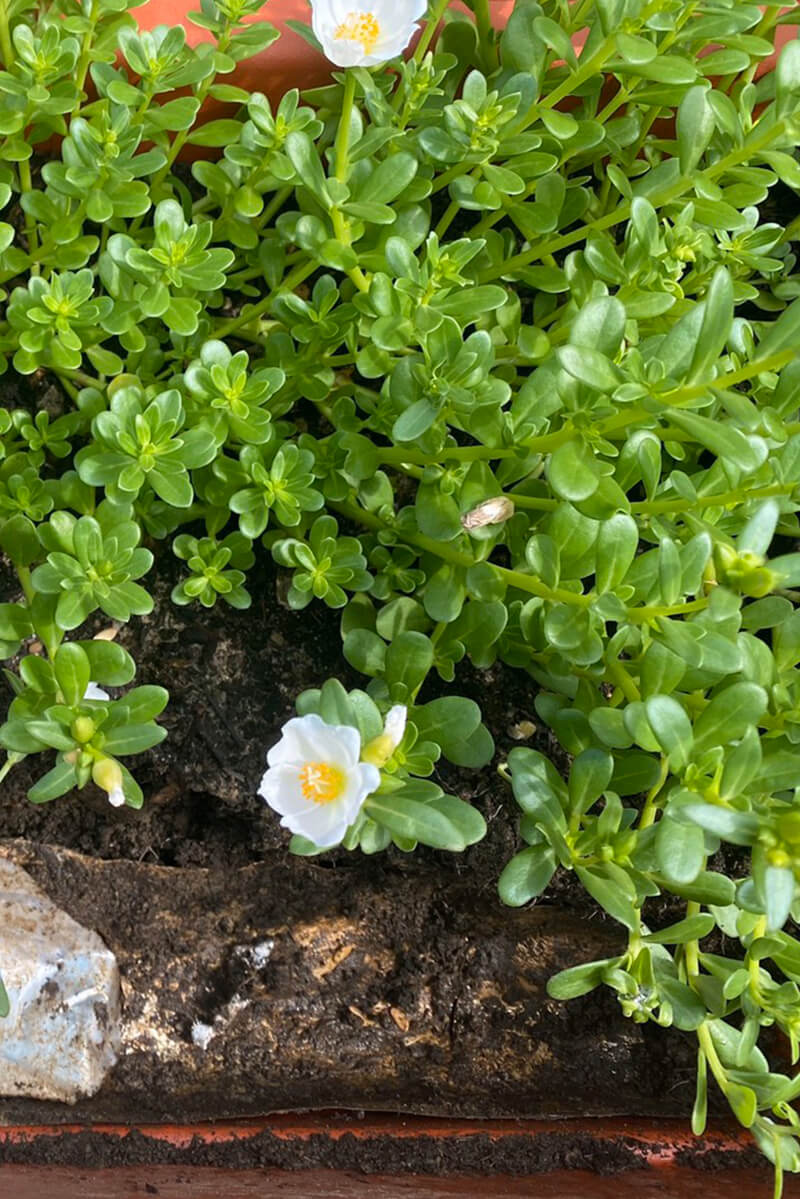
After a month
.jpg)
After two and a half months
.jpg)
After five months
Common biodegradable material
.jpg)
Just buried in the soil
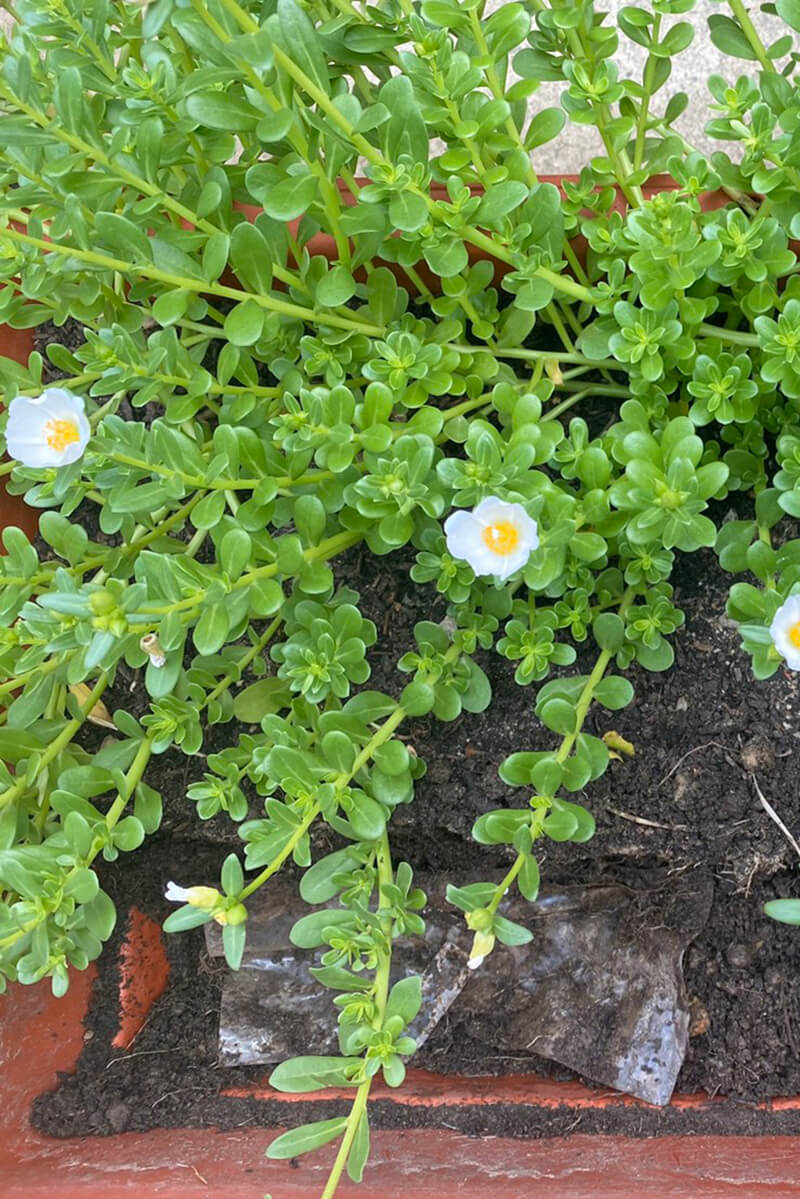
After a month
.jpg)
After two and a half months
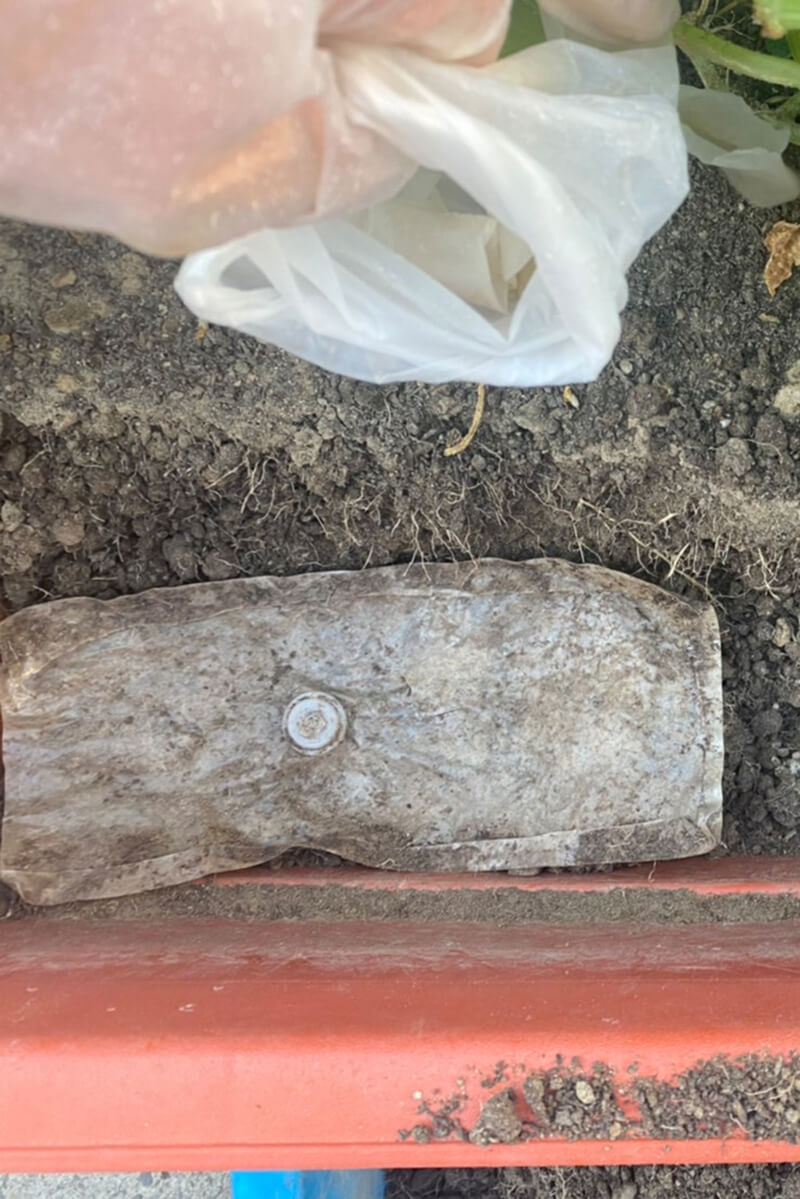
After five months
Compostable material
.jpg)
Just buried in the soil
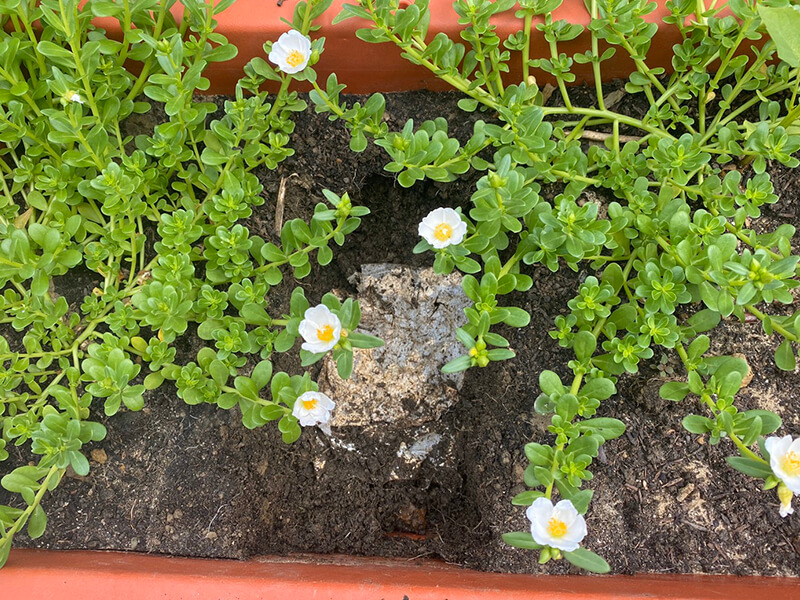
After a month
.jpg)
After two and a half months
.jpg)
After five months
All Packing is assertive in the research, improvement, innovation, and manufacturing of compostable plastic products. Our outstanding achievements have attracted both domestic and foreign food companies and we work closely with Germany/EU (DIN CERTCO); one of the greatest feats in All Packing Enterprise’s research in biodegradable materials is achieving the principle of “taken from nature, returned to nature after use” within the product lifecycle.



.png)
.png)
.png)
.png)
.png)
